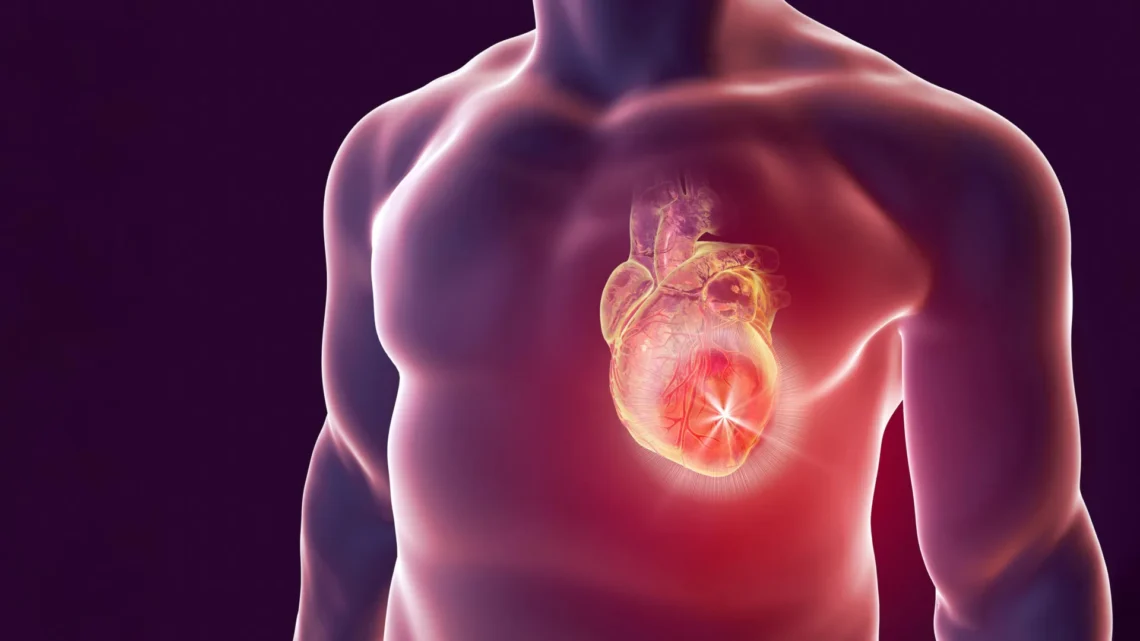Understanding Ultra-Processed Foods: A Growing Concern
Ultra-processed foods (UPFs) are industrially altered products—such as soda, snacks, and processed meats—characterized by a high concentration of additives and a significant reduction in nutrients. Recent data indicates that these foods now constitute nearly 60% of the average adult’s diet and almost 70% of children’s diets in the United States.
The Impact of UPFs on Health
Ultra-processed foods often diminish nutritional value, extend shelf life, and contribute to increased caloric consumption. In the United States, UPFs comprise approximately 60% of daily calorie intake. High consumption rates of these foods have been associated with elevated risks of obesity, various types of cancer, metabolic disorders, cardiovascular diseases, mental health challenges, and even premature mortality.
Recent Research Findings
A recent study from Florida Atlantic University’s Charles E. Schmidt College of Medicine reveals that individuals with higher UPF consumption exhibit significantly elevated levels of high-sensitivity C-reactive protein (hs-CRP), a critical marker of inflammation and a strong predictor of cardiovascular disease.
This study, published in The American Journal of Medicine, provides valuable insights, as there has been limited data from U.S. populations on the relationship between UPF intake and hs-CRP levels. The research found that participants consumed a median of 35% of their daily calories from UPFs, with consumption rates varying from 0% to 19% in the lowest group to 60% to 79% in the highest group.
Key Findings on Inflammation Risk
After adjusting for variables such as age, gender, smoking status, physical activity, and other health indicators, it was determined that individuals in the highest UPF intake category (60% to 79% of daily calories) had an 11% increased likelihood of elevated hs-CRP levels compared to those in the lowest intake category. Moreover, moderate consumers (40% to 59% of UPF intake) showed a 14% increase, while those consuming 20% to 39% reported a smaller, nonsignificant increase of 7%.
Notably, the likelihood of elevated inflammatory markers was especially pronounced in specific demographics. Adults aged 50 to 59 faced a 26% higher risk compared to those aged 18 to 29. Furthermore, individuals classified as obese exhibited an 80% higher risk than their healthy-weight counterparts, and current smokers faced a 17% higher risk than non-smokers. Conversely, those who reported no physical activity did not demonstrate a statistically significant increase in risk compared to individuals who adhered to exercise guidelines.
Implications for Public Health
“These findings, based on a comprehensive and nationally representative sample of U.S. adults, clearly demonstrate that high consumption of ultra-processed foods is linked to significantly elevated levels of high-sensitivity C-reactive protein, a pivotal marker of inflammation,” stated Allison H. Ferris, M.D., FACP, senior author and professor at the FAU Department of Medicine. “This evidence carries critical implications for clinical practice, public health strategies, and future research aimed at mitigating the health risks associated with ultra-processed food consumption.”
Methodology and Future Considerations
The study evaluated data from 9,254 U.S. adults collected through the National Health and Nutrition Examination Survey, focusing on diet, hs-CRP levels, and various health parameters. UPF consumption was analyzed as a percentage of total daily caloric intake and categorized into four distinct levels. Researchers employed statistical methods, including logistic regression, to investigate the correlation between UPF consumption and inflammation markers.
“C-reactive protein is produced by the liver, and the hs-CRP test serves as a practical, affordable, and highly sensitive measure of inflammation alongside being a reliable predictor of future cardiovascular ailments,” explained Charles H. Hennekens, M.D., FACPM, FACC, co-author and senior academic advisor at the Schmidt College of Medicine. “We advocate that health care professionals engage their patients about the risks inherent in UPFs and the potential benefits of embracing whole food consumption.”
Recognizing the Bigger Picture
The authors also underscore a troubling rise in colorectal cancer rates within the U.S., particularly among younger populations, suggesting that increased UPF consumption could be a contributing factor, alongside its potential relationship with various gastrointestinal diseases.
Drawing parallels to the historical narrative of tobacco, the authors note that it took decades for mounting evidence and progressive health initiatives to prompt significant policy changes related to cigarette consumption. They postulate that a similar movement may be forthcoming for UPFs, with escalating awareness ultimately facilitating meaningful public health interventions.
“The influence of multinational corporations manufacturing ultra-processed foods resembles that of tobacco companies in preceding decades,” emphasized Hennekens. “Consequently, policy measures to promote whole food availability and curtail UPF consumption may require considerable time. However, governmental efforts focused on reducing harmful additives, enhancing food labeling, and advocating healthier options in schools are positive steps forward. Simultaneously, healthcare providers should acknowledge the obstacles many individuals confront when seeking affordable and healthier food choices, which necessitates a comprehensive and coordinated public health strategy.”
Key Health Takeaway
Excessive consumption of ultra-processed foods is associated with higher levels of inflammation, significantly increasing the risk of various health conditions, including cardiovascular disease. Health professionals are encouraged to discuss the implications of UPF consumption with patients and promote healthier dietary choices centered on whole foods.
Study co-authors include Kevin Sajan, a medical student at Geisinger Commonwealth School of Medicine; Nishi Anthireddy, a medical student at FAU; Alexandra Matarazzo, a medical student at FAU; and Caio Furtado, M.D., a resident physician in FAU’s internal medicine residency program.





